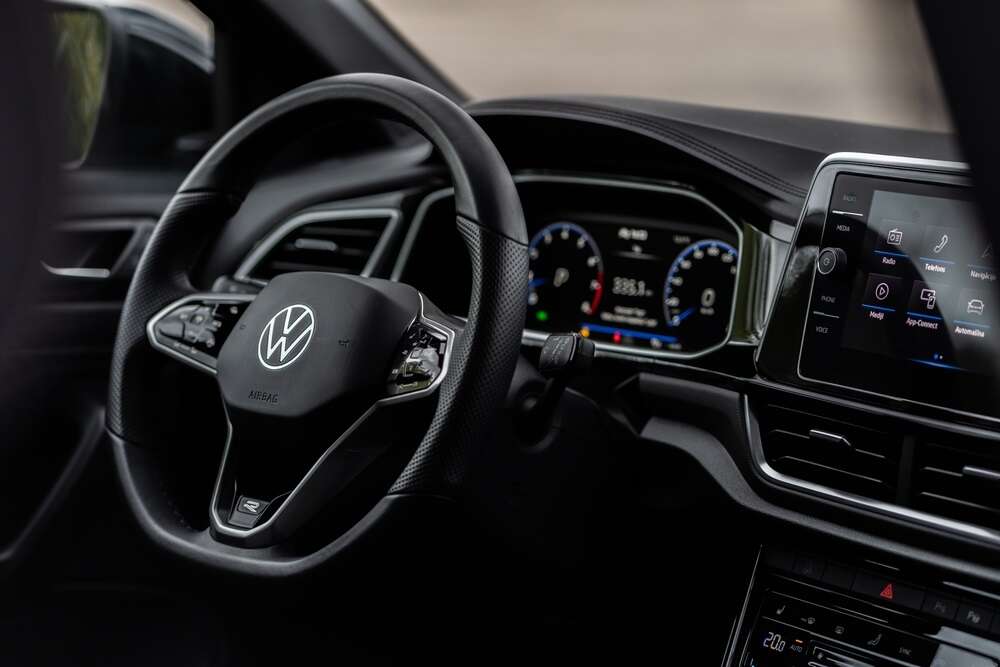
Volkswagen has said that future vehicles it manufactures will include ChatGPT voice assistants. The announcement, made at the Consumer Electronics Show (CES) in Las Vegas today, will allow drivers to use the generative AI chatbot to control entertainment options and answer general knowledge questions. The integration will be available in the automaker’s compact segment vehicle range and debut initially in Europe.

Volkwagen using ChatGPT to boost ‘IDA’
ChatGPT will be used to supplement Volkswagen’s existing voice assistant, IDA. Motorists are already able to use that model to control features like air conditioning, but Volkswagen said in a statement that its collaboration with OpenAI will allow for more “enriching conversations” in “intuitive language” between the driver and their voice assistant. The automotive company claims to be the first in the industry to offer ChatGPT as a “standard feature” in its production vehicles.
Volkswagen added that the integration does not impinge on user privacy. “ChatGPT does not gain access to any vehicle data,” it said, with any question-and-answer exchanges between motorists and the generative AI model deleted immediately after the end of such a conversation. Requests that can not be answered at first by IDA will be forwarded to an AI system, though it said that this would be done “anonymously”, Volkswagen claims.
Automotive experiments in generative AI
German carmaker Volkswagen is not the first automotive manufacturer to experiment with generative AI. In September 2023, for example, Mercedes-Benz integrated ChatGPT into its in-car voice assistant in a similar way, albeit in a beta test for 900,000 of its vehicles. It was followed the following month by Citroen’s luxury brand DS Automobiles, which announced its pairing the OpenAI model with its voice assistant. Nevertheless, user privacy in these new partnerships remains a concern among critics. A recent review of voice assistants among 25 automotive brands by Mozilla found that 84% shared their data with data brokers and other service providers, while 56% were prepared to share data gathered in response to a request from law enforcement.
The announcement of its new collaboration with ChatGPT follows a troubling year for Volkswagen’s technology ventures. Last summer it replaced most of the board of Cariad, its in-house software division, after it made a $2bn loss the previous year. Volkswagen’s implementation of new ChatGPT functionality will not in itself distinguish it from its automotive competitors, Forrester principal analyst Dr Paul Miller told Tech Monitor, but it does promise to augment the capabilities of its vehicles going forward. “The bigger opportunity lies ahead, as planned advances to the tool promise an ongoing conversation between car and passenger,” says Miller. However, the analyst added, “the extent to which drivers and passengers adopt this remains to be seen.”






